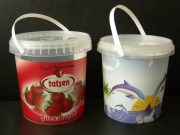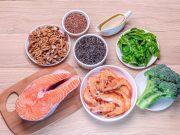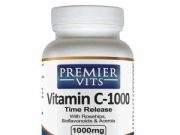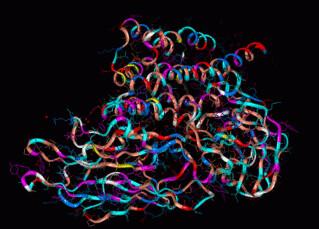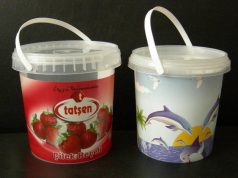In today’s fast-paced world, where health and fitness often take a backseat to our busy schedules, understanding the crucial role of protein in maintaining muscle health is more important than ever. Protein is not just a buzzword thrown around by fitness enthusiasts and dieticians; it is a fundamental building block that our bodies rely on for repair, growth, and overall well-being. Whether you are an athlete pushing your physical limits, someone striving to maintain an active lifestyle, or simply looking to age gracefully, protein plays an indispensable role in supporting your muscles’ vitality and function. In this article, we will explore the myriad ways in which protein contributes to muscle health, helping you make informed choices that align with your body’s needs and your personal goals. Let’s embark on this journey together, ensuring that your muscles receive the nourishment they deserve.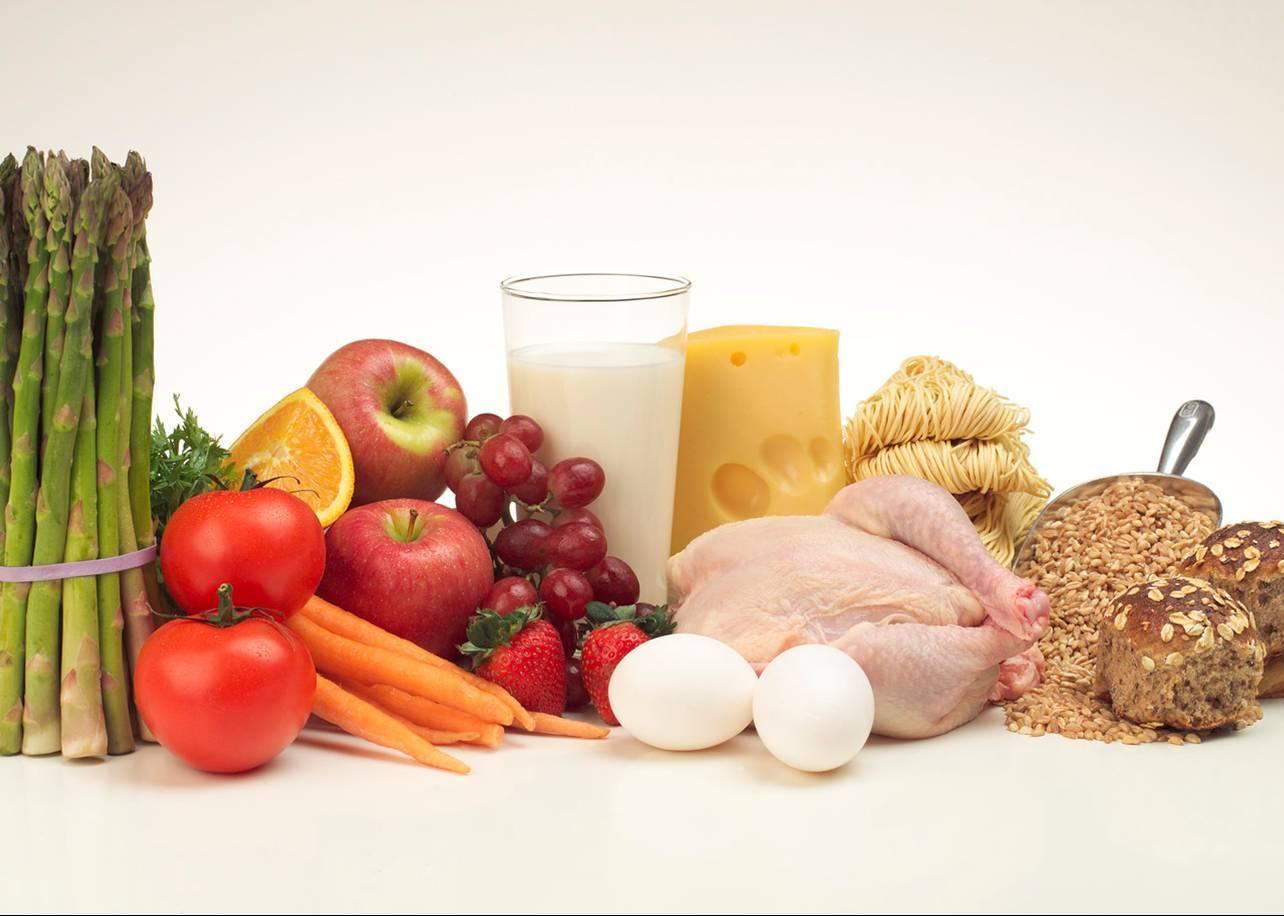
Understanding Proteins Role in Muscle Repair and Growth
Proteins are the building blocks of life, and their role in muscle repair and growth is nothing short of vital. When you engage in physical activities, especially those that are strenuous, your muscle fibers experience tiny tears. This is a natural process, and it is during the repair of these fibers that muscles grow stronger and larger. Proteins provide the essential amino acids necessary for this repair and growth process. Without adequate protein intake, your muscles may not recover efficiently, potentially leading to fatigue and decreased performance.
- Repairing Muscle Fibers: After exercise, proteins help rebuild damaged muscle fibers, making them thicker and stronger.
- Supporting New Muscle Growth: Proteins supply the raw materials required for synthesizing new muscle tissue.
- Preventing Muscle Loss: Adequate protein intake helps preserve existing muscle mass, especially during periods of weight loss or aging.
| Protein Source | Protein Content (per 100g) |
|---|---|
| Chicken Breast | 31g |
| Tofu | 8g |
| Lentils | 9g |
| Eggs | 13g |
Understanding the significance of proteins in your diet is crucial for anyone looking to improve muscle health. By choosing a variety of protein-rich foods, you can ensure that your body receives the necessary nutrients to support muscle repair and growth. Remember, the goal is not just to consume enough protein, but to integrate it into a balanced diet that supports your overall health and fitness goals.

Choosing the Right Protein Sources for Optimal Muscle Health
When it comes to building and maintaining muscle health, selecting the right protein sources is crucial. It’s not just about quantity; the quality of protein you consume plays a significant role in muscle repair and growth. Lean meats such as chicken and turkey, fish like salmon and tuna, and plant-based options such as lentils, beans, and tofu offer a diverse range of amino acids necessary for muscle synthesis. Incorporating a variety of these sources ensures you receive a balanced profile of essential nutrients.
- Lean Meats: Rich in essential amino acids, lean meats are excellent for muscle repair.
- Fish: Provides omega-3 fatty acids, which are beneficial for reducing muscle inflammation.
- Plant-Based Proteins: Great for those on a vegetarian or vegan diet, offering fiber and phytonutrients.
| Protein Source | Benefits | Serving Size |
|---|---|---|
| Chicken Breast | High in protein, low in fat | 100g |
| Salmon | Rich in omega-3s | 100g |
| Tofu | Contains all essential amino acids | 100g |
For those striving to enhance muscle health, it’s essential to include a mix of these protein sources in your diet. This not only supports muscle growth but also provides a variety of other health benefits, from improved heart health to better digestion. By making informed choices about your protein intake, you can optimize your muscle health effectively and sustainably.
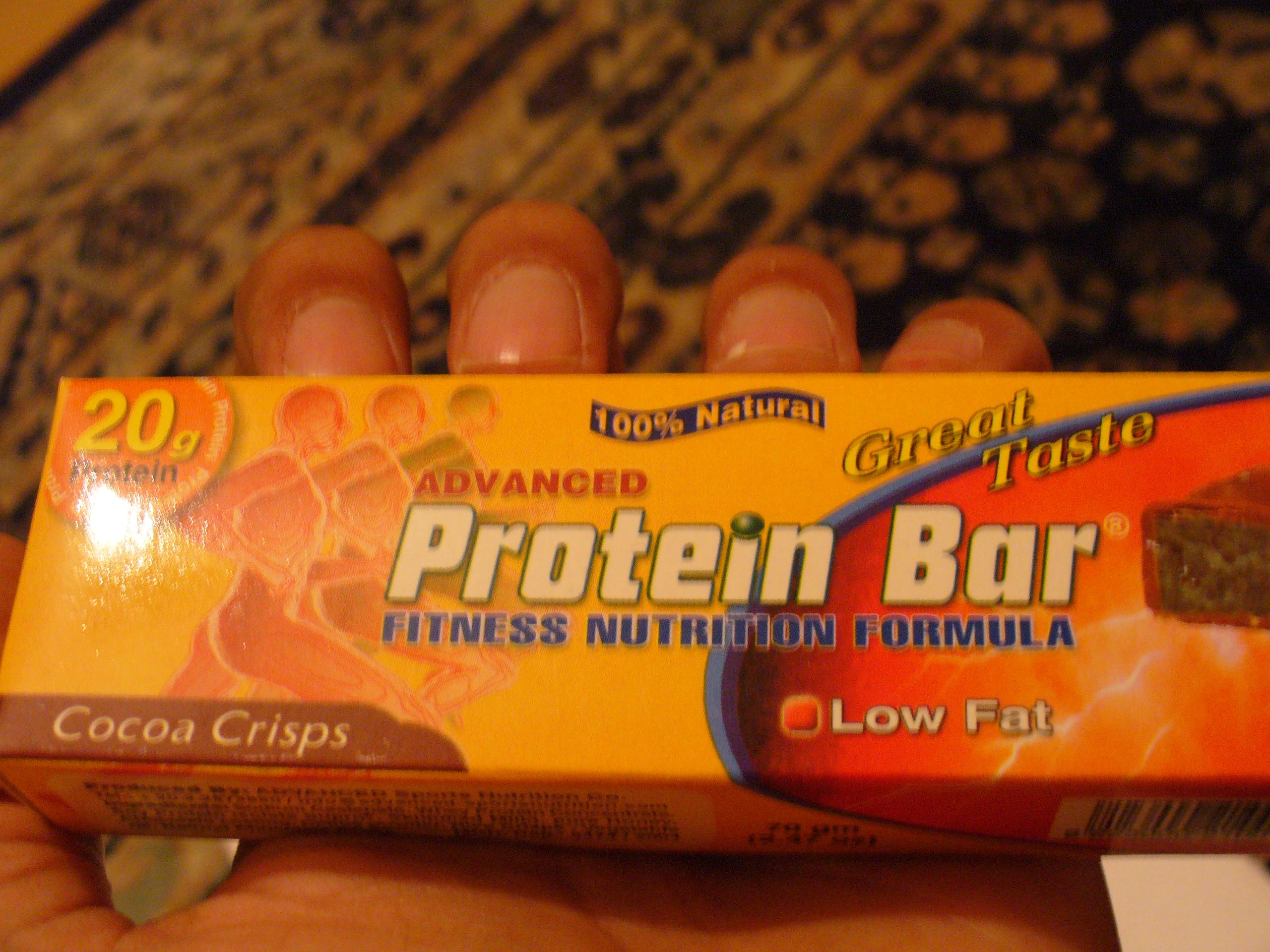
Incorporating Protein into Your Daily Diet for Long-Term Benefits
Understanding the significance of protein in our diet can be a game-changer for muscle health. Whether you’re a fitness enthusiast or simply aiming for a balanced lifestyle, incorporating adequate protein is crucial. Here’s how you can seamlessly integrate protein into your daily meals for sustainable health benefits.
- Start Your Day Right: Begin with a protein-rich breakfast. Consider options like Greek yogurt with nuts, eggs, or a smoothie with protein powder. These choices not only fuel your day but also aid in muscle repair and growth.
- Snack Smart: Swap out high-carb snacks for protein-packed alternatives. Think of hummus with vegetables, a handful of almonds, or a protein bar. These will keep you satiated and support your muscle health.
- Diverse Dinner Plates: Ensure your dinner includes a variety of protein sources. Mix lean meats, fish, beans, or tofu with whole grains and vegetables for a balanced meal that promotes muscle maintenance.
| Protein Source | Serving Size | Protein Content (g) |
|---|---|---|
| Chicken Breast | 100g | 31g |
| Quinoa | 1 cup cooked | 8g |
| Chickpeas | 1 cup | 15g |
By diversifying your protein intake and spreading it throughout your meals, you can effectively nurture your muscles and enjoy long-term health benefits. Remember, consistency is key, and with small, mindful changes, you can make protein a cornerstone of your healthy diet.

Empowering Your Fitness Journey with Personalized Protein Intake Strategies
Protein is often hailed as the building block of muscles, and for good reason. It plays a crucial role in repairing and building muscle tissues, especially after intense workouts. To maximize your muscle health, adopting a personalized protein intake strategy is essential. This involves understanding your body’s unique needs and tailoring your diet to meet those needs effectively. Here are some key considerations to keep in mind:
- Determine Your Protein Needs: Factors such as age, weight, activity level, and fitness goals influence how much protein you need. For example, athletes and individuals engaging in regular strength training typically require higher protein intake compared to those with a sedentary lifestyle.
- Choose High-Quality Protein Sources: Opt for lean meats, fish, eggs, dairy, legumes, and plant-based proteins. These sources not only provide essential amino acids but also offer additional nutrients beneficial for overall health.
- Timing Matters: Consuming protein-rich meals and snacks throughout the day can support muscle recovery and growth. Consider having a protein-rich snack post-workout to aid in muscle repair.
| Activity Level | Protein Intake (g/kg body weight) |
|---|---|
| Sedentary | 0.8 – 1.0 |
| Moderate Exercise | 1.0 – 1.5 |
| Intense Training | 1.5 – 2.0 |
Remember, the key to an effective protein strategy lies in personalization. By listening to your body and adjusting your intake accordingly, you can support not only your muscle health but also your overall well-being. This empathetic approach ensures that your fitness journey is both empowering and sustainable.



















